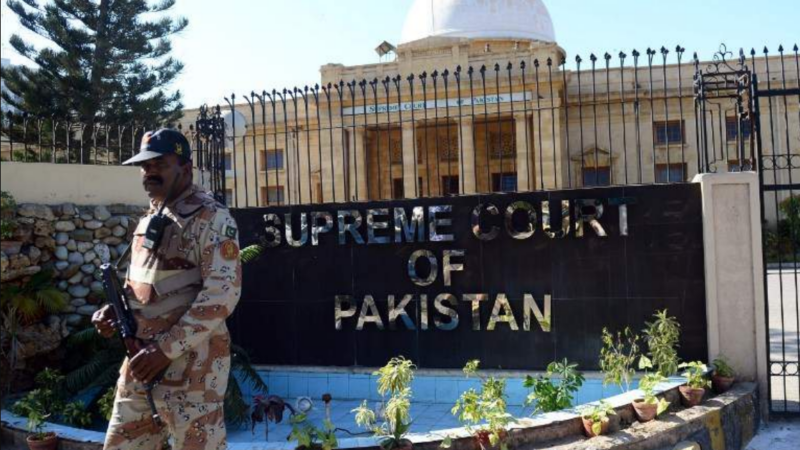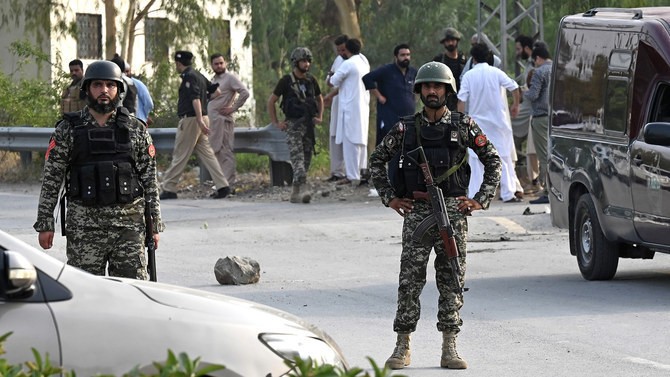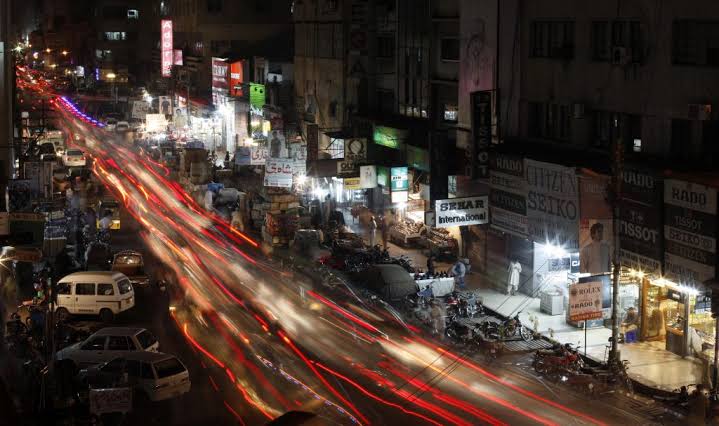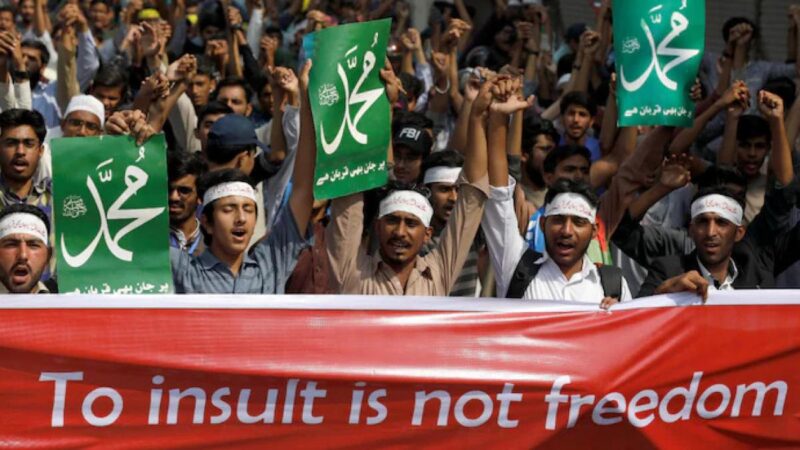Terror, Territory, Trust Dog Pak-Afghan Ties

There is no free lunch, Pakistan seems to be telling the Taliban, expecting a set of quid pro quo for facilitating their return to power in Afghanistan. But the latter, although beleaguered, appears unwilling.
This sums up Pakistan-Afghanistan relationship five months after the Taliban, after setting out the US-led foreign presence, currently struggles to consolidate their near-absolute power, brace a global isolation, a rampaging Covid-19 pandemic and a collapsed economy that has generated a humanitarian crisis the world can’t ignore.
The Number one gesture Pakistan expects from Taliban is help in curbing the defiant Tehreek-e-Taliban Pakistan (TTP). For the past seven years, the TTP has used Afghan territory as safe haven to wreak havoc, causing an estimated 83,000 casualties across Pakistan. It exposes the mutual ideological sympathy and support the Taliban and the TTP enjoy. It got consolidated when the TTP fighters fought alongside the Taliban to help wrest Kabul. This ploy also exposed Pakistan’s own complicity.
All that is recent past. Pakistan wants the Taliban to evict the TTP, but the latter is not obliging. Islamabad accorded them the “big brother’s” role as mediators. But once the TTP ended the Taliban-brokered ceasefire on December 10 after a month, violence has erupted in tribal areas over the last four weeks. Media reports say, many Pakistani soldiers are ‘martyred.’ Taliban say it is now for Pakistan to solve its problems with the TTP.
Pakistan’s National Security Advisor Moeed Yusuf is to head a team to Kabul later this month. Meanwhile, reflecting a mix of anger and impatience, an unnamed Pakistan Government official told Express Tribune newspaper (January 9, 2022): “We are telling the Taliban leadership to consider the TTP as a test case.” Curbing/evicting TTP alone could enable Kabul’s interim government (to) “establish its credentials in the eyes of the world.”
“If the Taliban can’t address concerns of Pakistan then who would trust them and their promise of cutting ties to al-Qaeda and other such groups,” the official asked.
“It will be damaging for the Afghan Taliban if they fail to take into account Pakistan’s concerns,” the official explained. “A global community, particularly the West will ask, look, they can’t even satisfy Pakistan so how come they would address terror concerns of other countries,” the official was quoted as saying.
Dawn newspaper, lets the Pakistani cat out of the bag in its editorial (January 10, 2022): “many of the groups, including the proscribed TTP, have in the past fought alongside the new rulers of Kabul. This history of cooperation with violent extremist outfits, and their role in providing safe haven to foreign terror groups, is the reason for the international community’s justifiable reluctance to recognise the Taliban.”
The newspaper gives an interesting tweak to Pakistani official line on terrorism in the Af-Pak region. Many world leaders have accused Islamabad of complicity and promoting militancy, including then US President Donald Trump in 2018.
Now, the editorial comments about Afghanistan: “Due to decades of chaos, foreign meddling and internal strife (it) has become an ideal base for religious extremist outfits of various origins. This includes Central Asian as well as Uighur militants, along with the TTP, while the feared Khorasan branch of the militant Islamic State group is quite active in Afghanistan.”
The editorial reflects “concern, as the TTP is apparently regrouping in Afghanistan and there have been a number of terrorist attacks linked to the group inside this country.”
It warns that “there will be few takers for the Afghan Taliban’s claim that they are protecting ‘guests’ in accordance with tribal codes. The message from the international community to Kabul is clear: get rid of the militants on your soil. Should the Afghan Taliban dilly-dally, more chaos will be likely and the instability Afghanistan has been witnessing for the past several decades will only be perpetuated, while dangerous, violent actors seek to take advantage of the situation.”
Compared with the seven-year Taliban-TTP history, Pakistan has a longer, 72 year old history of tussle with Afghanistan on the colonial-era demarcated border, called the Durand Line. It is named after the British officer who forced the Afghan monarch to sign it. Last year-end saw Taliban and Pakistani soldiers clashing on the border at Nangarhar, and as per some reports, also mortar fire, to prevent completion of the 2,600 kilometer border. Both governments sought to play down the incident. Pakistan blamed it on “miscreants”.
No government in Kabul, including Taliban, has accepted this border that the Afghans say is meant to divide the Pushtuns who straddle it.
Both countries nurse distrust on this issue and have routinely undercut each other in the past. Given Kabul’s doggedness and also resilience amidst many adversities, the issue may draw the two government further apart.
Diplomatic sources in both capitals indicate that the Moeed’s visit may be used to pressure Kabul to agree to or at least relent for now, on this highly emotive issue, by holding fire and adopting a softer diplomatic posture.
The international community knows the pitfalls. In a report by the Washington-based think tank, US Institute of Peace (USIP), author Elizabeth Threlkeld points out that under current circumstances, “a positive relationship with Pakistan could go a long way in fostering stability and development”. However, she warns that the “opposite is a much likelier outcome, given the deeply held grievances on both sides”. (Ends)






